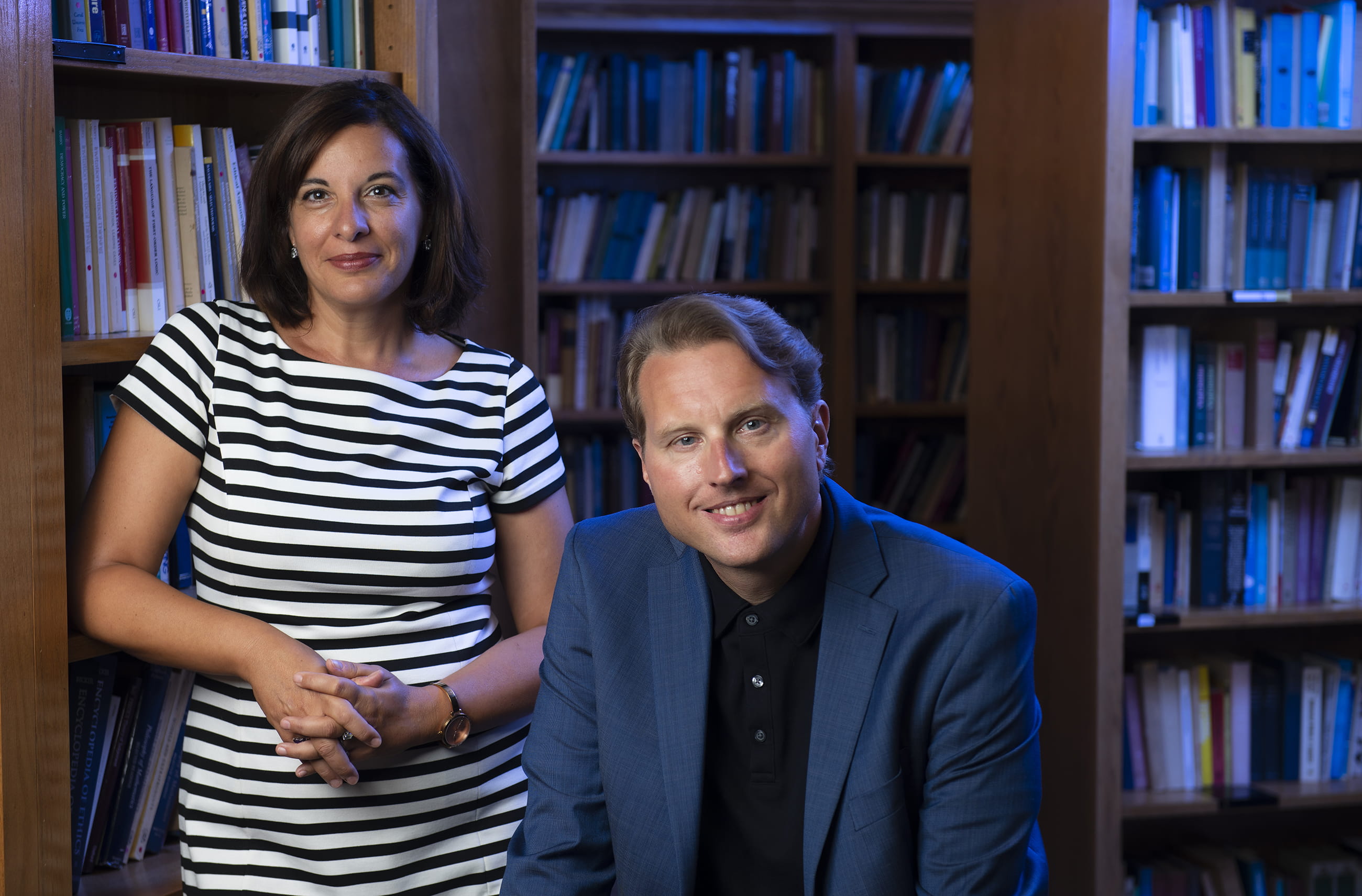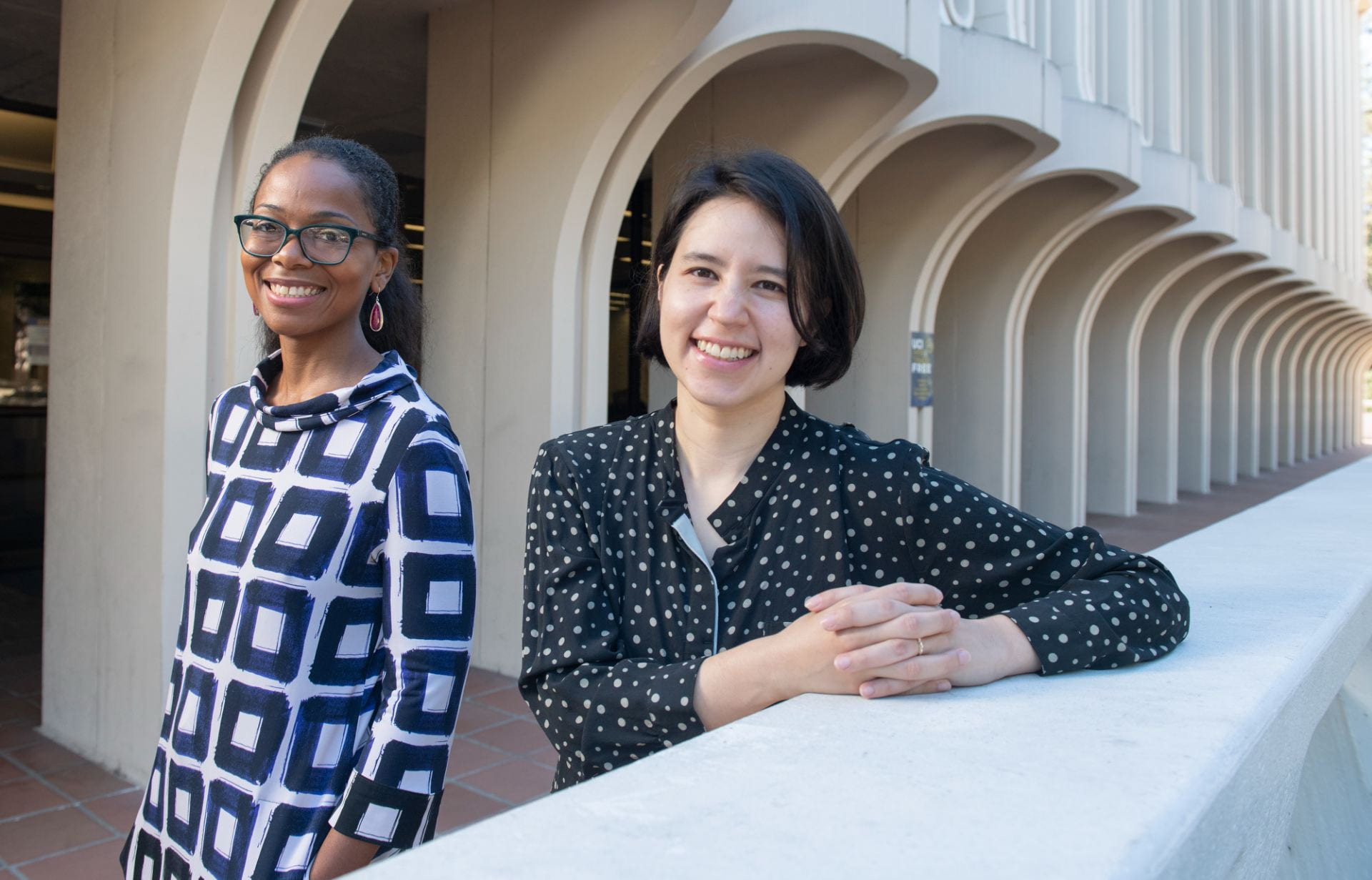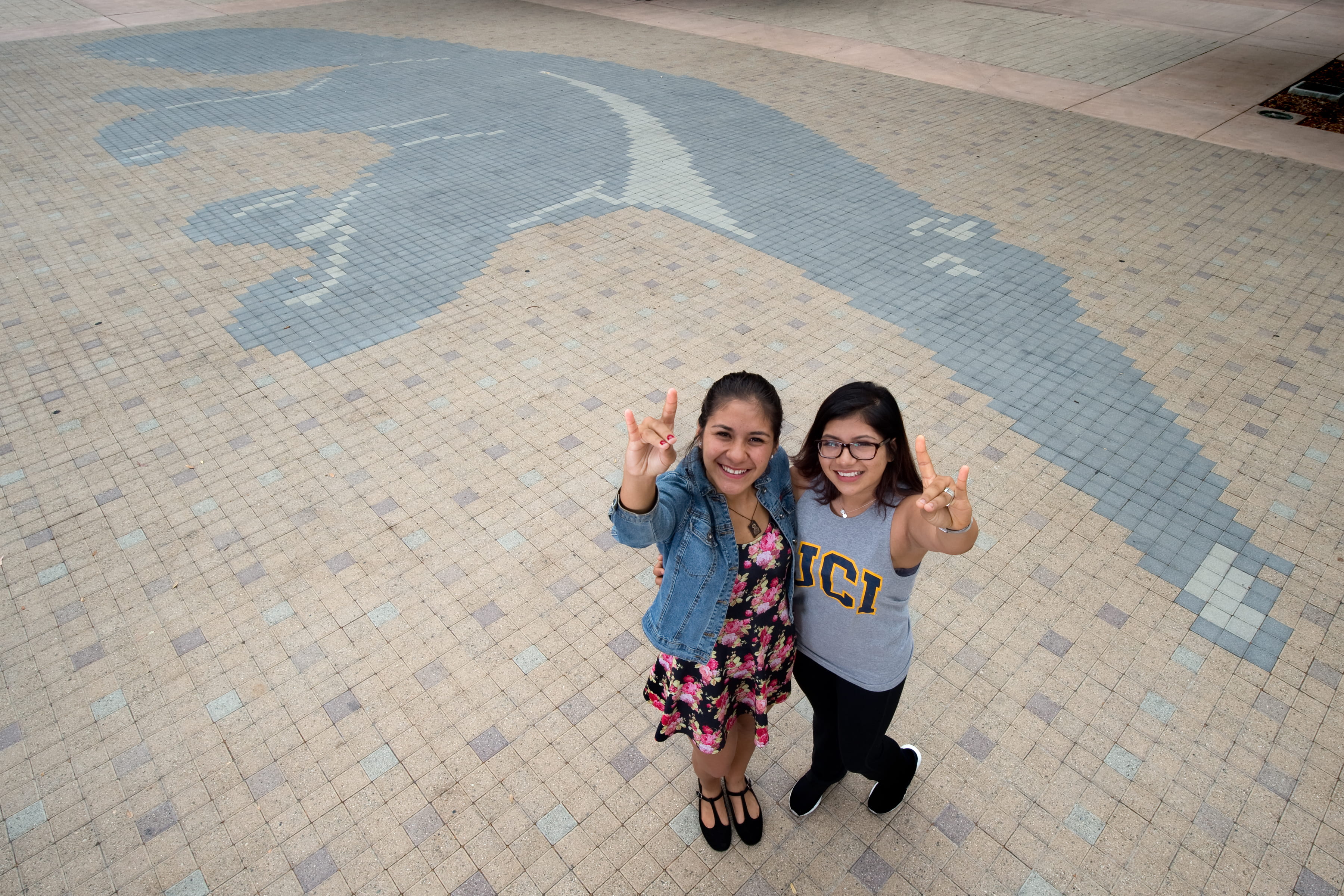MOOCS with a message
UCI faculty create massive open online courses to counter extremism

Science and philosophy have traditionally been regarded as separate disciplines. UCI Distinguished Professor Duncan Pritchard, however, believes that philosophical skills – such as the ability to discern knowledge and well-founded belief from mere opinion – are necessary partners with science.
Funded by a $24,500 grant through the Provost Initiative on Understanding and Engaging with Extremism – part of the UCI Confronting Extremism initiative – he recently launched a massive open online course called “Skepticism.” The MOOC, which is free and open to the public, is based on his book Scepticism: A Very Short Introduction. It teaches students how to think through issues in which doubt plays a role, like climate change and vaccinations. Pritchard’s goal is to challenge the increasing trend of science denial in public life.
“Duncan’s project is so important because it illuminates the intellectual virtues that profoundly drive thought and, ultimately, how we choose to engage with each other and enter into conversations about humanity’s past, present and future,” says Douglas Haynes, UCI’s vice chancellor for equity, diversity and inclusion, who oversaw the awarding of the grants.
“His project broadens the community of individuals who are self-consciously participating in and building a truly democratic culture of inquiry. This is so critical for a public research university that’s dedicated to inclusive excellence and proudly serves students from a wide cross section of society.”
The Provost Initiative on Understanding and Engaging with Extremism last year funded eight faculty-proposed projects that confront issues of science denialism or denial of common humanity or augment critical thinking in education.
“What I aim to show is that moderate skepticism, as opposed to extreme skepticism, informs a good life and can inform scientific progress,” Pritchard says of his project, which also called for a MOOC on relativism.
The philosophy professor is no stranger to MOOCs. At one point before coming to UCI, Pritchard was running the world’s most popular MOOC, Coursera’s “Introduction to Philosophy,” taken by more than 2 million people. There were even students in a village in Rarotonga – the largest of the Cook Islands, in the South Pacific – using the MOOC. “They were emailing questions,” Pritchard says. “And it made me sort of evangelical about online learning.”
That enthusiasm for impactful online courses led him to tap UCI Chancellor’s Fellow Annalisa Coliva, professor and chair of philosophy, for the project’s second MOOC. Relativism, she says, “comes from good intentions of tolerance and pluralism, but it can also foster unnecessary doubt in issues that are provable.” Coliva’s MOOC is based on her book Relativism (co-authored with Maria Baghramian of University College Dublin).
Co-director of UCI’s minor in medical humanities, Coliva believes that one of the most important lessons from her course is that science is valuable. That doesn’t mean, however, that scientists are never wrong. “That would be contrary to science itself,” she says. “What it does mean is that scientists are actually doing what can be done – to the best of our human abilities – to find out truths.”
Pritchard and Coliva are two of the world’s most preeminent epistemologists, studying the philosophical framework of knowledge itself.
With both MOOCs now open to the public, Pritchard’s next goal is to integrate intellectual virtues – such as integrity, curiosity and open-mindedness – into universitywide coursework. He recently received $10,000 from the UCI Education Research Initiative and $10,000 from the Division of Undergraduate Education to launch the first-of-its-kind effort. Online modules pioneering his concept have already begun to be included in lower-division curricula across campus.
Pritchard sees the MOOCs as complementing his work on incorporating intellectual virtues into education, as both accentuate the places science and philosophy can intersect in everyday life.
If he succeeds in his latest quest, Pritchard says, “whatever you’re doing – biology, engineering, law, medicine, whatever – you’ll be learning about intellectual virtues. They’re an essential human topic, right at the heart of UCI’s educational vision.”
After all, he notes: “UCI isn’t just about giving you a degree. It’s about developing you as a human being.”


